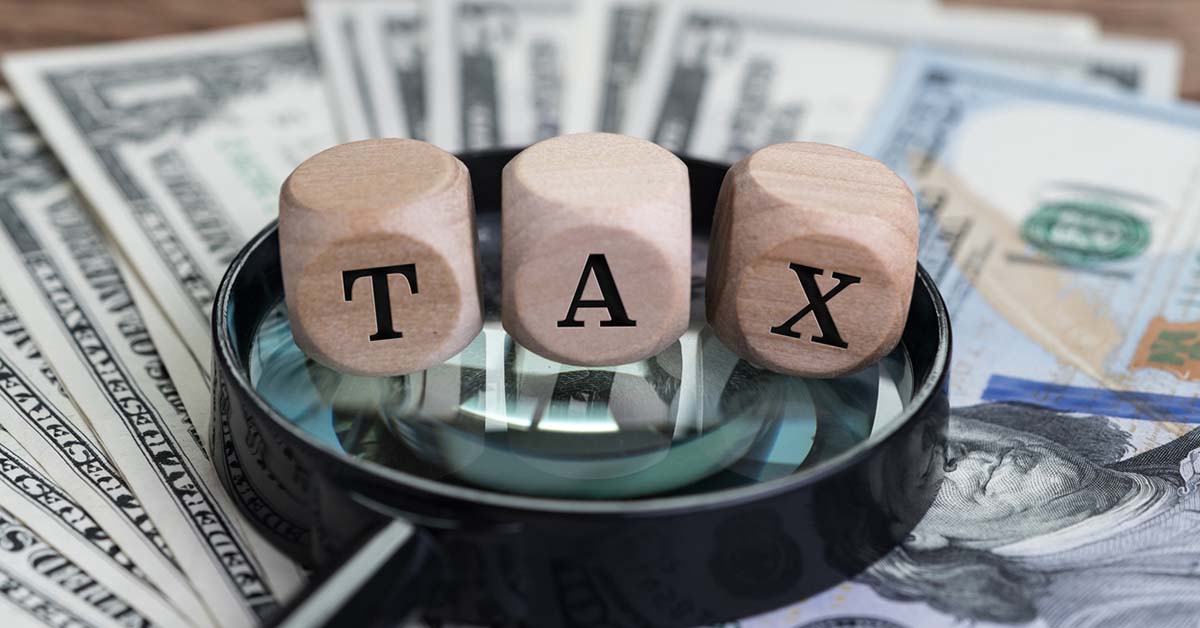What Types Of Costs Can Be Included In The Initial Cost Basis?

In real estate, calculating the cost basis of a property involves more than just the purchase price. It's a comprehensive value that includes the initial amount paid for the property, closing costs borne by the buyer, as well as expenses linked to any improvements made to the property (excluding any associated tax credits). Simply put, your cost basis is the original price paid plus all these additional costs, providing a more accurate depiction of your true investment in the property.
Does an Estate Pay Taxes on the Sale of a Home?

Inheriting a home after someone close to you dies can bring significant financial benefits, but it also may come with tax liabilities if you sell the home after receiving it as part of the decedent’s estate.
How Do You Calculate Capital Gains with a Mortgage?

Most homes have a mortgage when sold. Homeowners can deduct their mortgage interest annually. But how does a mortgage affect capital gains when the home is sold for a profit? This is what we'll dig into today.
What Improvements Are Allowed for Capital Gains Tax?

Capital gains taxes on home sales can be significant. However, with some careful planning and record-keeping, homeowners may be able to reduce their capital gains.
Can Rental Losses Offset Ordinary Income?

Many real estate investors also work full-time jobs. Wouldn’t it be great to reduce wage income (i.e., ordinary income) with rental losses?
Do Capital Gains Affect Social Security?

Social Security benefits are paid mainly to retired workers, their surviving spouses and minor children, and people who cannot work due to disability. For retirees, the amount of benefits depends on several factors, including their earnings history and age at retirement. Income that workers obtain through investments and other sources outside of wages or self-employment does not affect the eventual benefit.
When Can I Move Into a 1031 Exchange Property?

One of the most important covenants of a 1031 exchange is that the newly acquired property must be held as an investment or for business use.
How Are Capital Gains Taxed If You Move?

Moving to another state can bring logistical, interpersonal, and even financial challenges.




